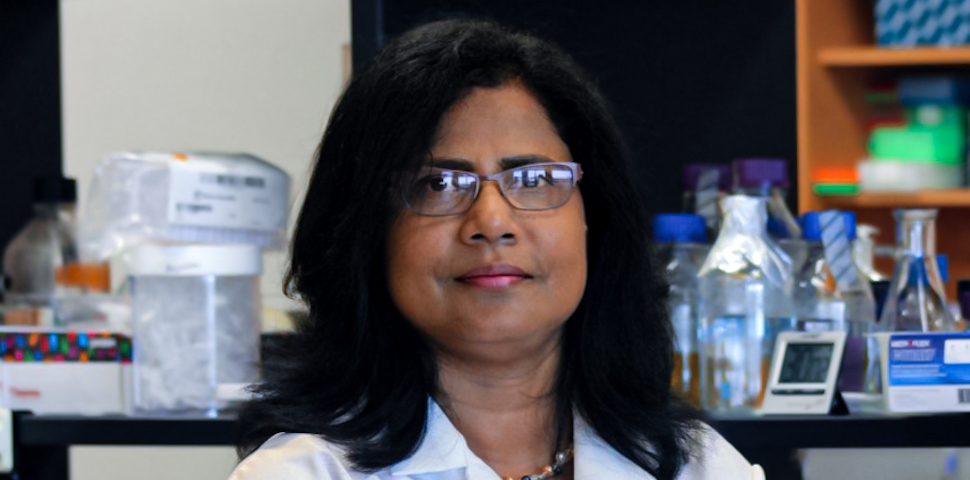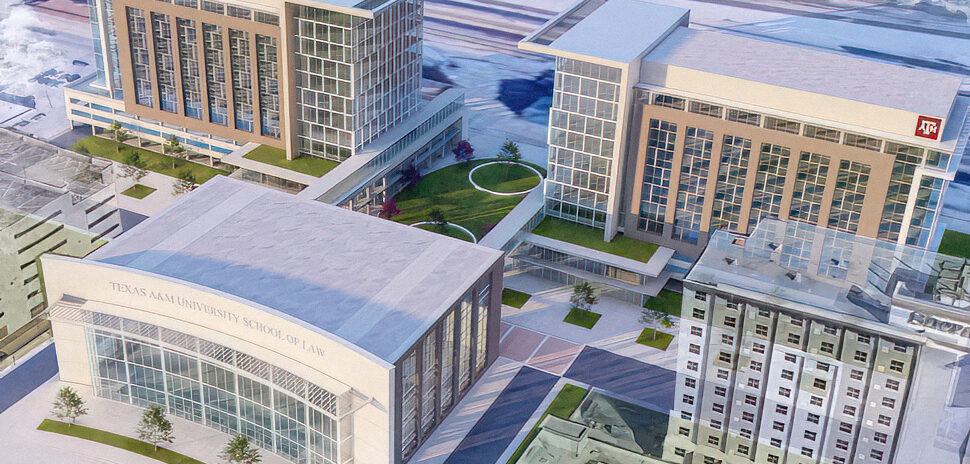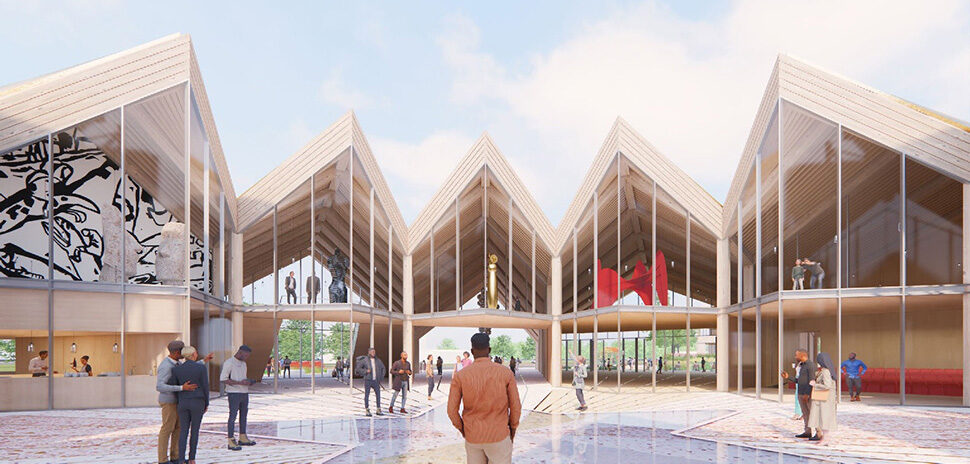Fort Worth’s AyuVis Research, a clinical-stage biopharmaceutical company, has received Fast-Track designation from the U.S. Food and Drug Administration for its investigational new drug AVR-48 for the prevention of bronchopulmonary dysplasia (BPD)—a rare pediatric chronic lung disease.
AyuVis, a member of TechFW, was founded in 2014 by CEO Suchi Acharya, PhD, and co-founder Gagan Acharya.
Getting its drug fast-tracked is a big step for AyuVis. The FDA designation aims to expedite the clinical development and marketing application reviews of drugs that have the potential to treat serious conditions and fill an unmet medical need—with one key goal: getting breakthrough new drugs to patients earlier.

[Images: AyuVis]
The designation will give AyuVis access to frequent meetings and written communications with the FDA during the drug’s clinical development, and AVR-48 may be eligible for accelerated approval and/or priority review, the company said.
“We’re very excited about the progress of our project into clinical trials,” CEO Acharya said in a statement. “Getting all three designations—Orphan Drug, Rare Pediatric Disease, and Fast Track Designation—one after another is a great testament to our team’s diligent effort to expedite the development of AVR-48 and bring preventive therapy to the neonates most in need.”
A critical need: No FDA-approved therapies for BPD currently exist
Currently, no FDA-approved therapies are available for the prevention or treatment of BPD, AyuVis noted. Preterm babies diagnosed with moderate to severe BPD at 36 weeks corrected gestational age or at discharge from a neonatal ICU “often have permanent damage to their lungs by inflammation or oxygen toxicity,” AyuVis said.
Once a baby is discharged, it faces the risk of rehospitalization, delayed brain development, and respiratory problems throughout childhood. BPD could lead to death or life-long complications, including asthma and chronic obstructive pulmonary disease (COPD), AyuVis added.
Dr. David Riley, AyuVis’ chief medical officer and a practicing neonatologist, said that for decades, neonatologists have struggled with BPD as “extremely premature infants” have experienced improved survival.
“We finally have a potential therapy in AVR-48 to treat the root cause of the disease,” Riley said in a statement. “I’m excited to see its progress through the clinical and regulatory process and, if approved, will be eager to bring it to the bedside to improve outcomes in the most vulnerable babies.”
AyuVis said it’s additionally developing a new generation of immunotherapies that provide “a well-balanced immune response,” with “mild activation and controlled immune system suppression” needed to treat BPD effectively.
Earlier this year, the FDA cleared the Investigational New Drug application for AyuVis to proceed with a Phase 1, Double-Blinded, Placebo-Controlled Single Ascending Dose (SAD) and Multiple Ascending Dose (MAD) Study to evaluate the safety and tolerability of AVR-48 in healthy adult volunteers, the company said. The study is expected to begin in 2024 and will be partially funded by NIH grants. AyuVis said the Phase 1 clinical trial is the first step in studying the safety of its novel and proprietary Macrohage Modulating Platform (MMP) Technology in humans, followed by clinical trials in preterm babies with BPD.

Dr. Suchismita Acharya, co-founder and CEO of AyuVis [Photo: AyuVis]
Received $2.1M NIH grant in May
In May, AuyVis received a $2.1 million National Institute of Health research grant from the National Heart, Lung, and Blood Institute to fund a first-in-human Phase 1 clinical trial of a new generation of immunotherapies, including AVR-48.
It was the fourth NIH grant AyuVis had received since its founding in 2014, doubling its total non-dilutive funding to $4.2 million. The NHLBI is the third largest institute of the NIH in the U.S. Department of Health and Human Services.
In 2022, AyuVis received a $1.8 million Small Business Innovation Research grant from the Eunice Kennedy Shriver National Institute of Child Health and Human Development to tackle a chronic lung disease that’s the second-leading cause of death in premature babies.
The company first received orphan drug designation for AVR-48 from the FDA in early 2021.
![]()
Get on the list.
Dallas Innovates, every day.
Sign up to keep your eye on what’s new and next in Dallas-Fort Worth, every day.




























